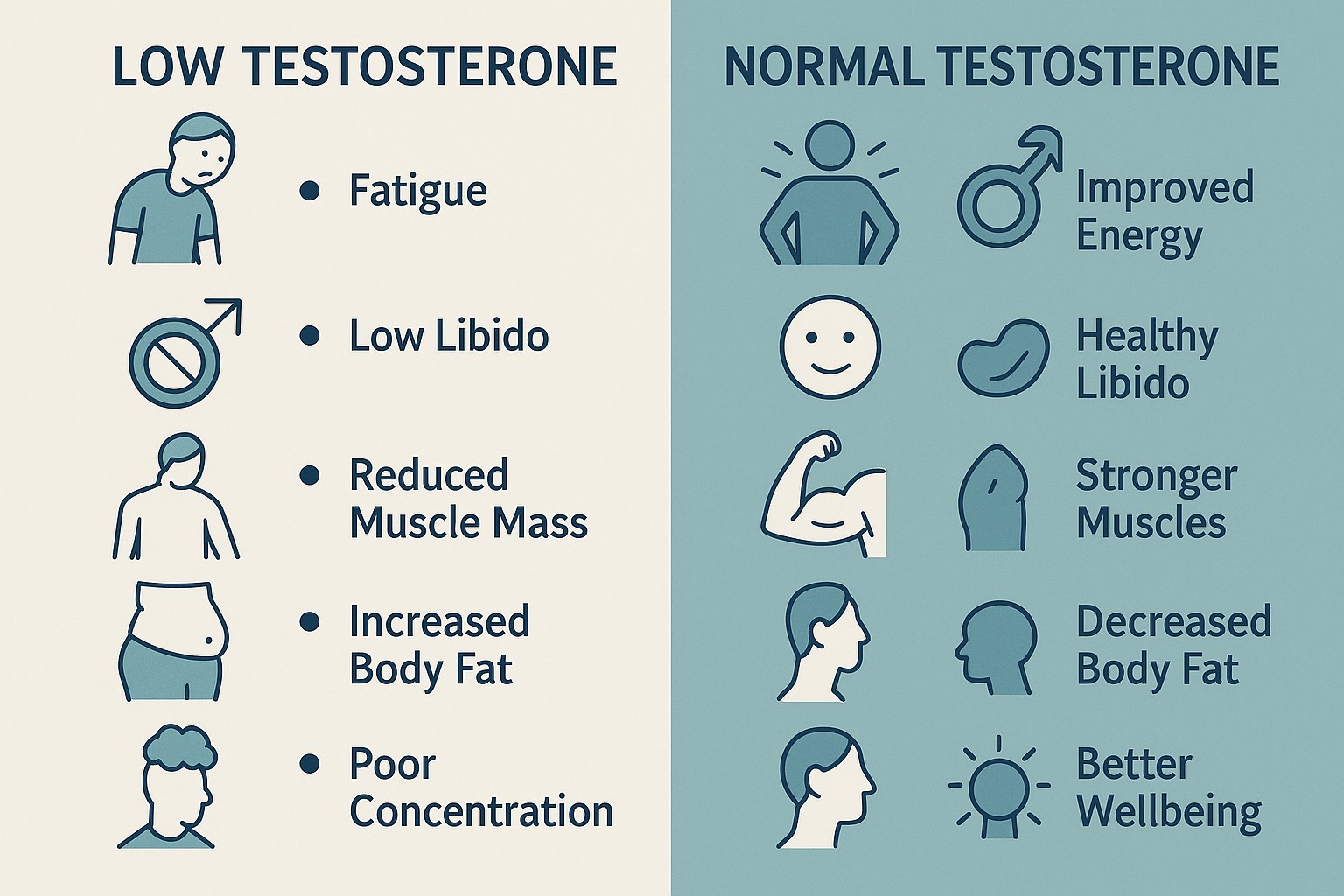Prostate cancer is a major health concern for men worldwide, being one of the leading causes of cancer deaths. However, recent research offers crucial insights on how you can significantly reduce your risk of dying from this disease.
Understanding the Genetic Risk Factors for Prostate Cancer
The study, published in JAMA Network Open in 2024, reveals alarming statistics about the role of genetics in prostate cancer. According to the research, men with a high polygenic risk score (PRS)—a score based on multiple genetic variants—face a threefold increase in the risk of dying from prostate cancer before age 75 compared to those with lower genetic risk. The study analysed nearly 20,000 men over several decades and found that genetic factors alone accounted for 88% of early prostate cancer deaths.
This means that if you have a high genetic risk, you are significantly more likely to face an aggressive form of prostate cancer that could be fatal if not caught early.
Why Your Genetic Risk Matters: The Link Between Genetics and Prostate Cancer Mortality
The genetic risk associated with prostate cancer isn’t just about an increased chance of getting the disease—it’s about the increased likelihood of dying from it at a younger age. The study showed that men with both a high PRS and a family history of cancer are at the greatest risk, emphasizing the importance of knowing your genetic background. If you are in this high-risk category, proactive steps are crucial to mitigate these risks.
The Power of Lifestyle Choices: Reduce Your Risk of Prostate Cancer Death
While your genetic makeup might predispose you to higher risks, the study also brings good news: lifestyle choices can dramatically reduce your risk of dying from prostate cancer.
The research indicates that up to 36% of early prostate cancer deaths among high-risk men could be prevented by adopting a healthier lifestyle.
Essential Lifestyle Changes to Lower Prostate Cancer Risk
To cut down your risk, consider making these crucial changes:
- Stop Smoking: The study shows that smoking is a major risk factor, particularly for men already at high genetic risk. Quitting smoking is one of the most impactful changes you can make.
- Maintain a Healthy Weight: Obesity was identified as a significant contributor to higher prostate cancer mortality. Regular physical activity and a balanced diet are essential.
- Adopt a Nutrient-Rich Diet: The research points to the benefits of a diet high in vegetables, fruits, and fish, and low in processed meats. Such a diet can help lower your risk of aggressive prostate cancer.
The Critical Role of Early Detection in Preventing Prostate Cancer Death
The study also underscores the importance of early detection, especially for men at high genetic risk. Regular screenings, including Prostate-Specific Antigen (PSA) tests and Digital Rectal Exams (DRE), can catch cancer early when it is most treatable.
Screening Recommendations:
- Start Early: If you have a high PRS or a family history of prostate cancer, discuss with your doctor the possibility of starting prostate cancer screening before the commonly recommended age.
- Regular PSA Testing: PSA tests measure the level of prostate-specific antigen in your blood, which can be elevated in the presence of cancer.
- DRE: This examination helps detect physical abnormalities in the prostate that could indicate cancer.
Combining Genetic Risk with Lifestyle: How to Effectively Cut Down Prostate Cancer Mortality
The study conducted a detailed analysis showing that the combination of high genetic risk and an unhealthy lifestyle significantly increases the likelihood of dying from prostate cancer. Men with both high PRS and poor lifestyle habits, such as smoking or being overweight, faced the highest risks.
However, the study also highlights that adopting a healthier lifestyle could mitigate these risks. For instance, even among those with a high PRS, maintaining a healthy weight and quitting smoking reduced their risk considerably.
Action Steps: How to Protect Yourself from Prostate Cancer
Based on the findings from this groundbreaking research, here’s what you should do:
- Assess Your Genetic Risk: If you have a family history of prostate cancer or other cancers, or if you know you have a high PRS, be vigilant.
- Adopt a Healthier Lifestyle: Focus on quitting smoking, maintaining a healthy weight, and eating a diet rich in fruits, vegetables, and fish.
- Commit to Regular Screenings: Early detection is key, especially if you are at a higher genetic risk. Regular PSA tests and DREs should be a part of your routine.
Take Control of Your Health and Reduce Prostate Cancer Death Risk
The 2024 study from JAMA Network Open makes it clear: while genetics play a critical role in prostate cancer risk, your lifestyle choices can significantly influence your outcomes. By understanding your risks and making informed decisions about your health, you can reduce your chances of dying from prostate cancer. Don’t wait—start taking action today to protect your future.


